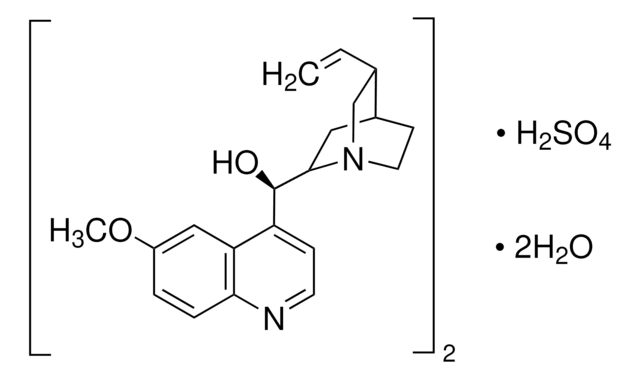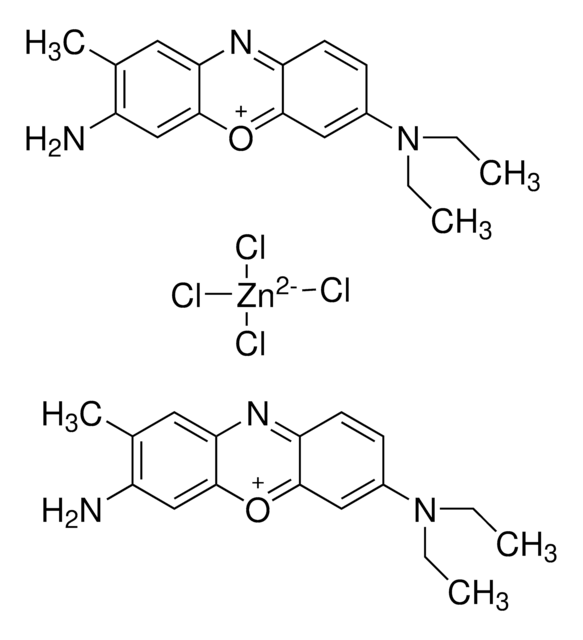55876
Adonitol Disks
suitable for microbiology, Sterile filter paper discs impregnated with Adonitol
Synonym(s):
Carbohydrate discs
Sign Into View Organizational & Contract Pricing
All Photos(1)
About This Item
UNSPSC Code:
41171621
NACRES:
NA.85
Recommended Products
Quality Level
sterility
sterile
product line
BioChemika
shelf life
limited shelf life, expiry date on the label
packaging
pkg of 10 × 25 discs
technique(s)
microbe id | utilization test: suitable
application(s)
clinical testing
environmental
food and beverages
pharmaceutical
microbiology
storage temp.
2-8°C
suitability
Enterobacter spp.
Klebsiella spp.
bacteria
Related Categories
General description
Adonitol Discs are used to differentiate bacteria based on the adonitol fermentation ability. Microorganisms can only ferment certain carbohydrates, depending on the enzymes they possess to break down carbohydrates. Fermentation can be detected by gas production (CO2) in liquid media and/or color change of pH caused by acid production. The adonitol discs are aseptically added to any sugar-free basal media to test the ability of the organism to hydrolyze adonitol, crystalline pentose alcohol formed by the reduction of ribose, as the sole source of carbon and energy during fermentation. Adonitol is typically fermented under acid production by many Enterobacter bacteria.
Application
Adonitol Discs are recommended to detect adonitol fermenting bacteria in food and environmental samples. They find their application in various sectors such as the food and dairy industry, water industry, pharmaceutical laboratory testing, cosmetic industry, environmental and sanitary testing, clinical diagnostic, etc.
Storage Class Code
11 - Combustible Solids
WGK
WGK 3
Flash Point(F)
Not applicable
Flash Point(C)
Not applicable
Personal Protective Equipment
dust mask type N95 (US), Eyeshields, Gloves
Choose from one of the most recent versions:
Already Own This Product?
Find documentation for the products that you have recently purchased in the Document Library.
Articles
Sigma-Aldrich.com presents an article concerning Differentiation of Escherichia coli from coliforms.
Our team of scientists has experience in all areas of research including Life Science, Material Science, Chemical Synthesis, Chromatography, Analytical and many others.
Contact Technical Service



